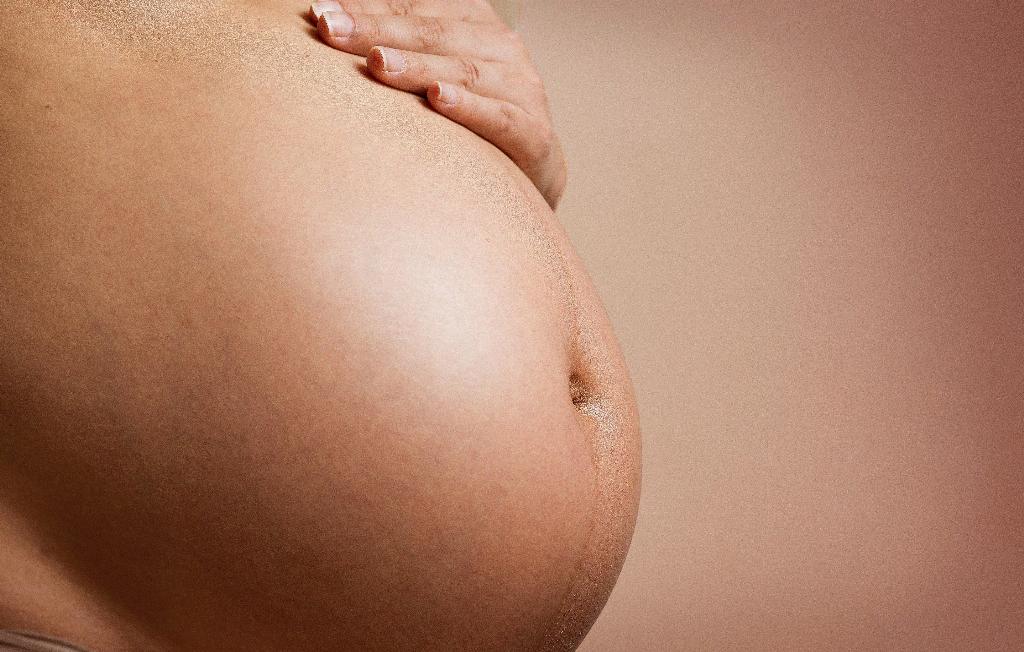Early pregnancy brings about a multitude of changes in a woman’s body as it prepares for the miraculous journey of nurturing new life. One common question that arises is whether early pregnancy can make you feel wetter down there. Let’s delve into this intriguing topic and shed some light on what to expect during those precious early weeks.
Changes in Vaginal Discharge During Early Pregnancy
It is entirely normal to experience an increase in vaginal discharge during early pregnancy. This discharge, known as leukorrhea, tends to be thin, milky white, and mild-smelling. The hormonal shifts that occur during pregnancy play a significant role in this increase in discharge, which can leave you feeling wetter than usual.
Hydration and Increased Vaginal Wetness
Staying well hydrated is crucial during pregnancy, as adequate fluid intake supports the body’s various functions, including maintaining healthy levels of vaginal moisture. If you are well-hydrated, you may notice an increase in vaginal wetness as the body works to maintain balance and support the developing pregnancy.
Sexual Arousal and Wetness in Early Pregnancy
Sexual arousal can also contribute to feeling wetter during early pregnancy. The increased blood flow to the pelvic region and heightened sensitivity experienced by some women during pregnancy can lead to more lubrication, making you feel wetter than usual, particularly during intimate moments.
Comfort and Hygiene Concerns
Feeling wetter in the vaginal area during early pregnancy may raise concerns about comfort and hygiene. It is essential to use breathable cotton underwear, change pads or liners regularly, and maintain good hygiene practices to stay comfortable and prevent any potential skin irritation.
Consulting Your Healthcare Provider
If you have any concerns about the amount or consistency of vaginal discharge during early pregnancy, it is advisable to consult your healthcare provider. They can provide personalized guidance, address any underlying issues, and offer reassurance to ensure a healthy and comfortable pregnancy journey.
Keeping Track of Vaginal Changes
Keeping a journal or record of your vaginal discharge and any associated symptoms can help you monitor changes and patterns over time. This information can be valuable during healthcare provider appointments and assist in identifying any unusual changes that may require further evaluation.
Embracing the Journey of Pregnancy
Embracing the changes that come with early pregnancy, including variations in vaginal wetness, can be part of celebrating the remarkable process of bringing new life into the world. Each woman’s experience is unique, and understanding and accepting these changes can enhance the joy and wonder of pregnancy.
Self-Care and Comfort During Pregnancy
Practicing self-care and prioritizing your comfort during pregnancy is essential. Taking warm baths, practicing gentle exercises, and wearing loose, comfortable clothing can contribute to your overall well-being and help you navigate the physical changes that come with early pregnancy.
Support and Open Communication
Seeking support from your partner, friends, or healthcare provider can help you feel more comfortable discussing any concerns or questions you may have about early pregnancy and changes in vaginal wetness. Open communication and shared experiences can foster a sense of connection and reassurance.
Conclusion
In conclusion, early pregnancy can indeed make you feel wetter due to hormonal fluctuations, increased vaginal discharge, hydration levels, sexual arousal, and various other factors. By understanding these changes, practicing self-care, and maintaining open communication with your healthcare provider, you can embrace the journey of pregnancy with confidence and joy.

